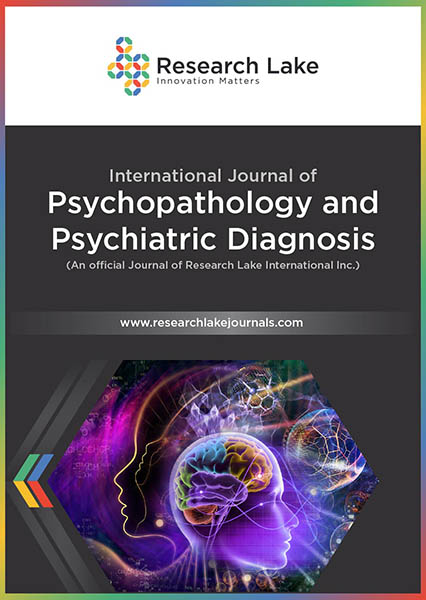Sequentially Administered WAIS-IV Short Forms in Traumatic Brain Injury: Screening for Subnormal IQ and Intellectual Deterioration
Abstract
This investigation examines the utility of Wechsler Adult Intelligence Scale-Fourth Edition short form (SF) IQs and abbreviated General Ability Indexes (GAIs) to discriminate normal from subnormal intellectual functioning and detect possible cognitive deterioration. Participants were 60 individuals with traumatic brain injury. Following the standard order of subtest administration and depending on performance, assessment may be terminated after two, three, four, or five subtests. Classification accuracy statistics indicated that all SF predictions exceeded the subnormal base rate (i.e., IQ = 35%; GAI = 28%), with hit rates from .83 to .93. Two-subtest SFs for the IQ and estimated GAI were not recommended. A three-subtest SF prediction exceeded the base rate for intellectual deterioration (BR = 45%, HR = .80). A four-subtest SF was recommended for estimating FSIQs; three- and four-subtest SFs were good predictors of the GAI, and a three-subtest SF was useful for identifying intellectual deterioration.
Copyright (c) 2022 Samuel Gontkovsky, David Kreiner

This work is licensed under a Creative Commons Attribution-NonCommercial 4.0 International License.
Copyright © by the authors; licensee Research Lake International Inc., Canada. This article is an open access article distributed under the terms and conditions of the Creative Commons Attribution Non-Commercial License (CC BY-NC) (http://creativecommons.org/licenses/by-nc/4.0/).




